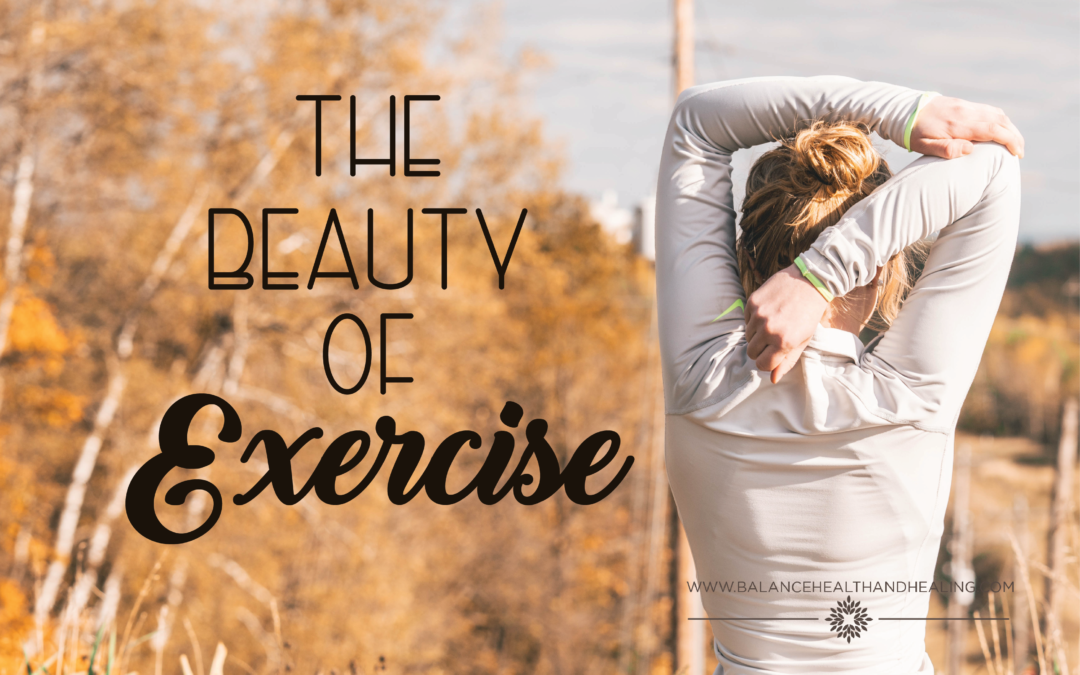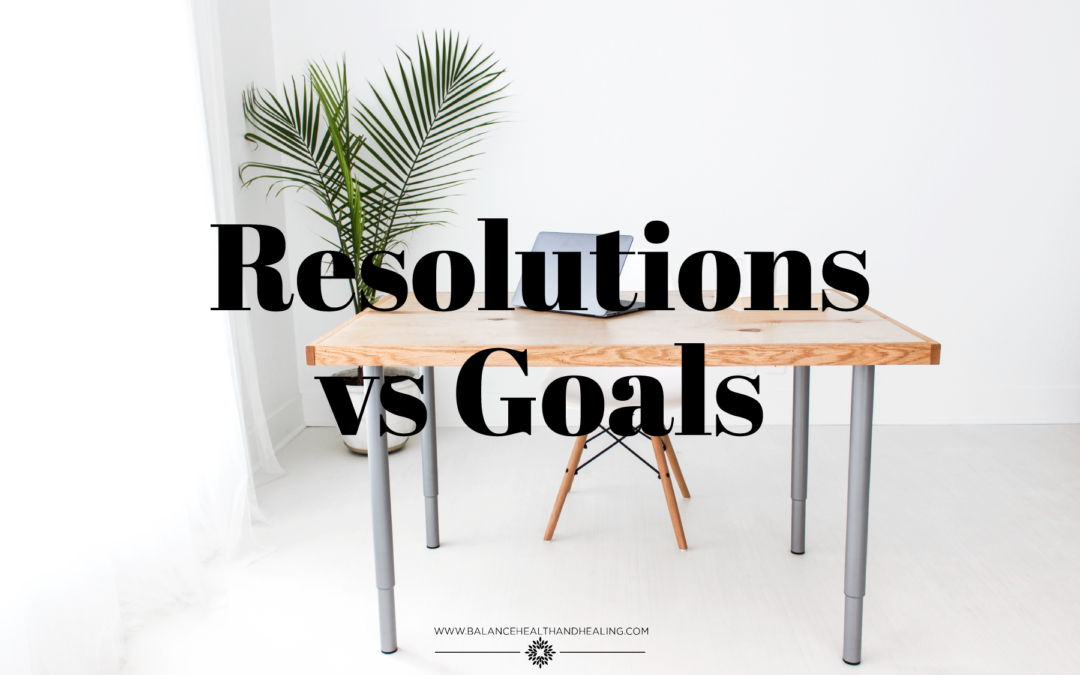
Resolutions Vs Goals
Oh, January.
In some ways you are a very welcome reprieve, signaling the end of 2020 and a fresh start to a new beginning.
And in other ways you bring the burden of goals and resolutions. Oh, and the cold, dreary weather without the excitement of Christmas to shroud the chill.
But I think, ultimately, we as a whole are excited for January. But I wanted to talk to you today about goals.
Goal-setting is really important. Setting goals makes sure we are moving and progressing in life. The beloved Mark Twain once said, “Without dreams & goals there is no living, only merely existing, and that is not why we are here.”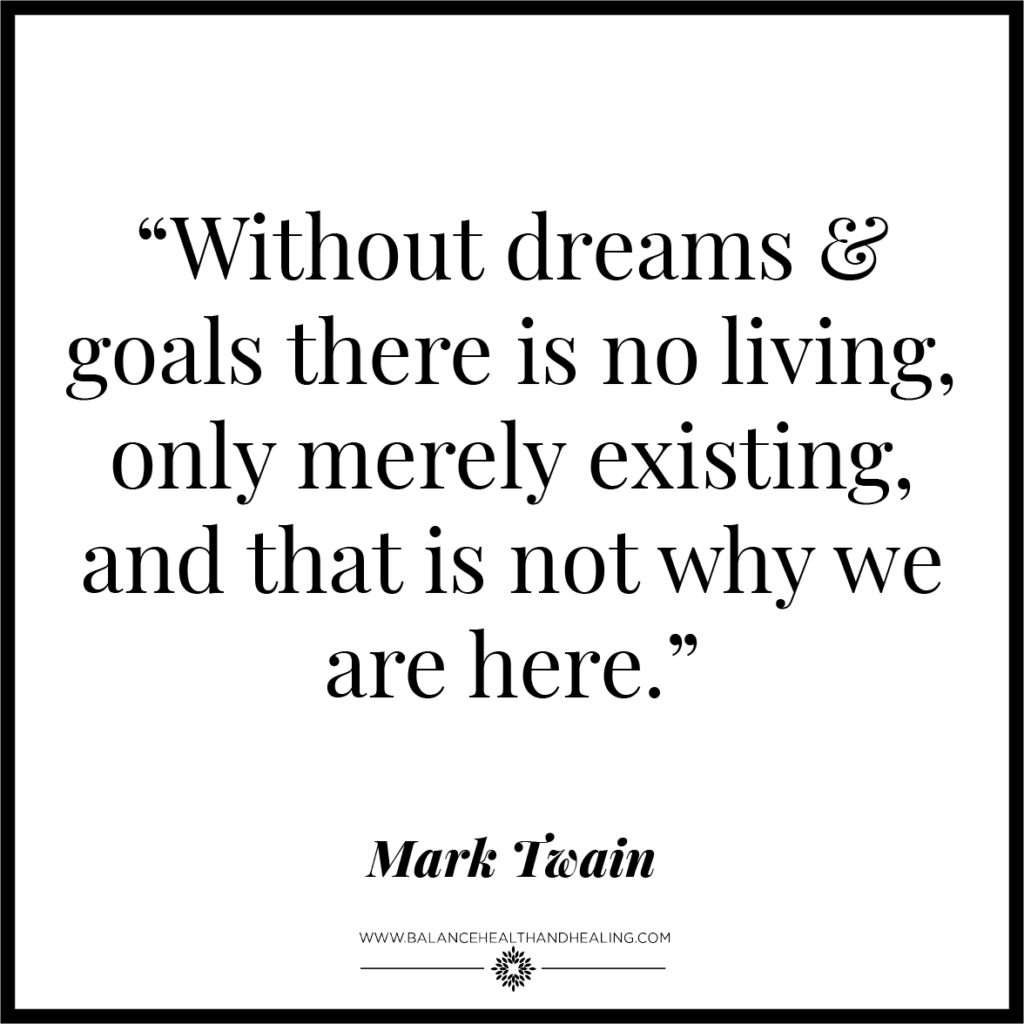
But how do you make sure that the goals you are setting are good ones and not some lame resolutions that are absolutely unattainable?
Resisting the Resolution Hype
The main problem with resolutions is that they are made while sitting around the kitchen table with your family usually on a scrap piece of paper and placed in a jar that will never be looked at again. There is often no real thought about what resolution you are making, and rarely insight on if the resolution is attainable.
I did a quick google search to see the top 5 resolutions made each year and here is one from inc.com:
- Diet or eat healthier
- Exercise more
- Lose weight
- Save more & spend less
- Learn a new skill or hobby
First off, the fact that the first 3 have to do with weight loss is a whole other topic that deserves its own blog post. But what I really want to focus on today is how these resolutions fail to measure success. For example, what does ‘exercise more’ even mean? Kill yourself with cardio machines that you hate every single day of the year? That sounds like a terrible, terrible idea for many reasons. And then what does ‘save more & spend less’ mean? Save $1 more? $1,000 more? Who really knows!
None of these top 5 most popular resolutions year after year have any way to succeed because they are so broad and unspecific. No wonder 80% of all resolutions are broken within the first month of the year.
SMART Goals
So to resist the resolution hype, try making SMART goals instead. SMART goals stand for:
S – Specific (or other ‘S’ words I think are fitting: simple, sensible, significant)
M – Measurable (or meaningful, motivating)
A – Achievable (or agreeable, attainable)
R – Relevant (or reasonable, realistic, results-based)
T – Time-Based (or time-sensitive, time bound)
Like I mentioned before, resolutions are often none of these things. They are too broad, too unattainable, and don’t have a real end goal in sight (other than to never eat sugar again & swear off swearing forever)!
When you make a SMART goal, you set yourself up for success. You lay out very specifically what your goal is, why your goal is important, how you will know when your goal is accomplished, how you can accomplish your goal and if it is even realistic (looking at you “no carbs ever again” resolution), if your goal is worthwhile and if it’s the right time to set your goal.
I love the thought of if it’s the right time to set your goal. Maybe saving a big lump sum of money this year is a goal you’ve thought about. You could break down how much you make and how much you could save per paycheck. But I challenge you to really think about the timing. With everything going on in the world, and work being so unsteady, maybe right now isn’t the best time to save so much. Maybe cut that amount in half and check in with yourself to see if that feels a little bit better.
Set Those Goals
Like I mentioned in the beginning of this blog post, it is very important to set goals. It just doesn’t do much if we don’t have the right intentions or a very concrete step by step on how to achieve said goal. So, as you sit down and make a few goals for yourself this year, think about where you are in life (seeing that we all just made it through 2020), what you want to accomplish, why you want to accomplish it and how you are going to do it.
I’m also going to challenge you to set a goal that has absolutely nothing to do with changing your body. Instead, focus on goals that bring more balance to all areas of your life.
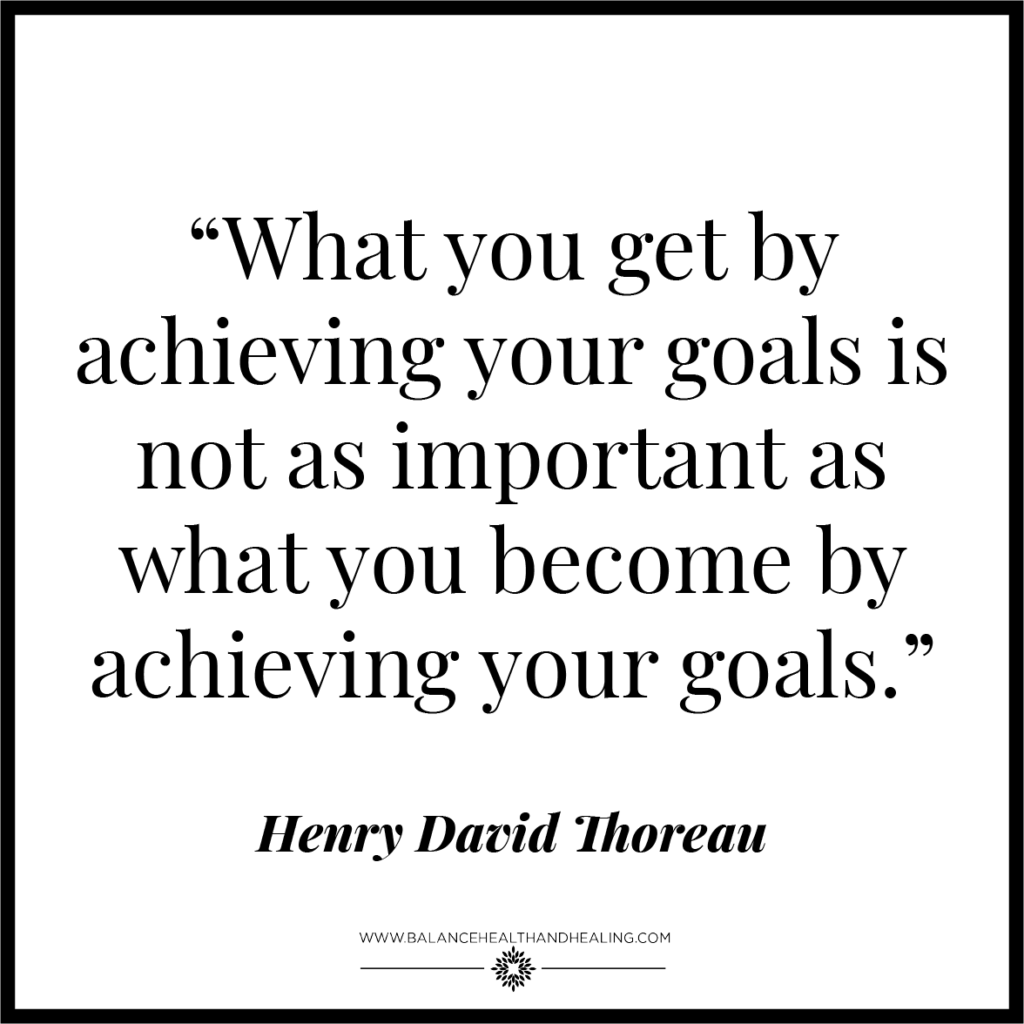
Use the SMART goal framework (there are a ton of resources online!), and really be intentional about your goals for 2021.
And to finish, one of my favorite quotes:
“What you get by achieving your goals is not as important as what you become by achieving your goals.”
― Henry David Thoreau
With that, go and set a few SMART goals that will make you proud of who you become as you work on achieving them.
Resources:
Pursue What Matters Episode 61 – Goal Check

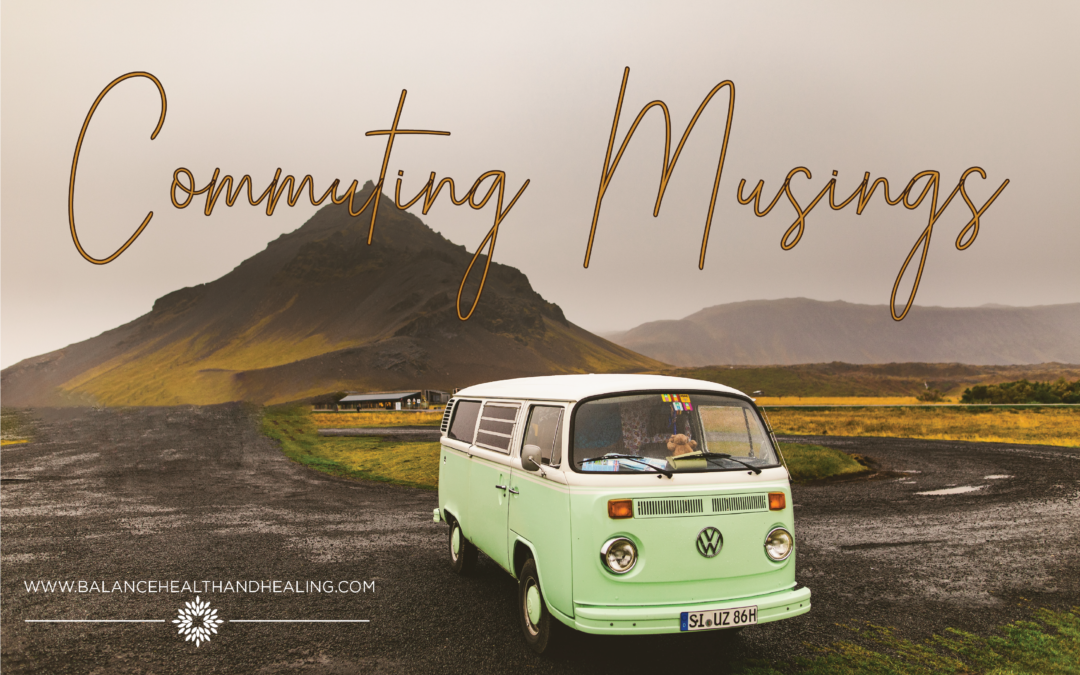

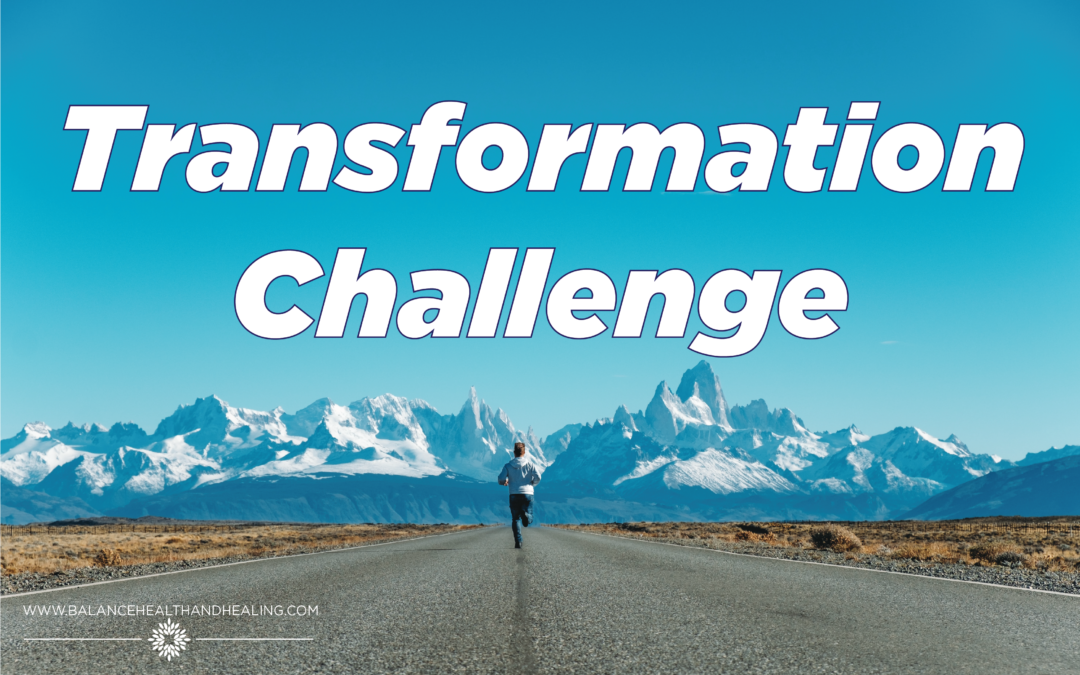
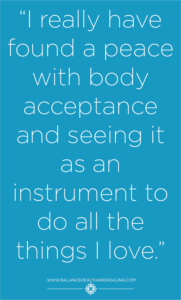 count calories, I try to eat and exercise intuitively. I really have found a peace with body acceptance and seeing it as an instrument to do all the things I love. So, the idea of a “transformation” challenge didn’t sit well.
count calories, I try to eat and exercise intuitively. I really have found a peace with body acceptance and seeing it as an instrument to do all the things I love. So, the idea of a “transformation” challenge didn’t sit well.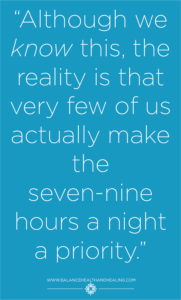 Ah. This is a hard one. Whenever a member would come talk to me about goals, one of the first things I always ask is, “Are you getting enough sleep?” Like water, sleep is vital for overall health and well-being. Although we know this, the reality is that very few of us actually make the seven-nine hours a night a priority. Our sleep needs vary over our lifespan, and everybody is different when it comes to how much sleep you personally need. However, the National Sleep Foundation recommends 18-64 year old’s anywhere from 7-9 hours of sleep per night. (You can get more information on how to find out how much sleep you need
Ah. This is a hard one. Whenever a member would come talk to me about goals, one of the first things I always ask is, “Are you getting enough sleep?” Like water, sleep is vital for overall health and well-being. Although we know this, the reality is that very few of us actually make the seven-nine hours a night a priority. Our sleep needs vary over our lifespan, and everybody is different when it comes to how much sleep you personally need. However, the National Sleep Foundation recommends 18-64 year old’s anywhere from 7-9 hours of sleep per night. (You can get more information on how to find out how much sleep you need 